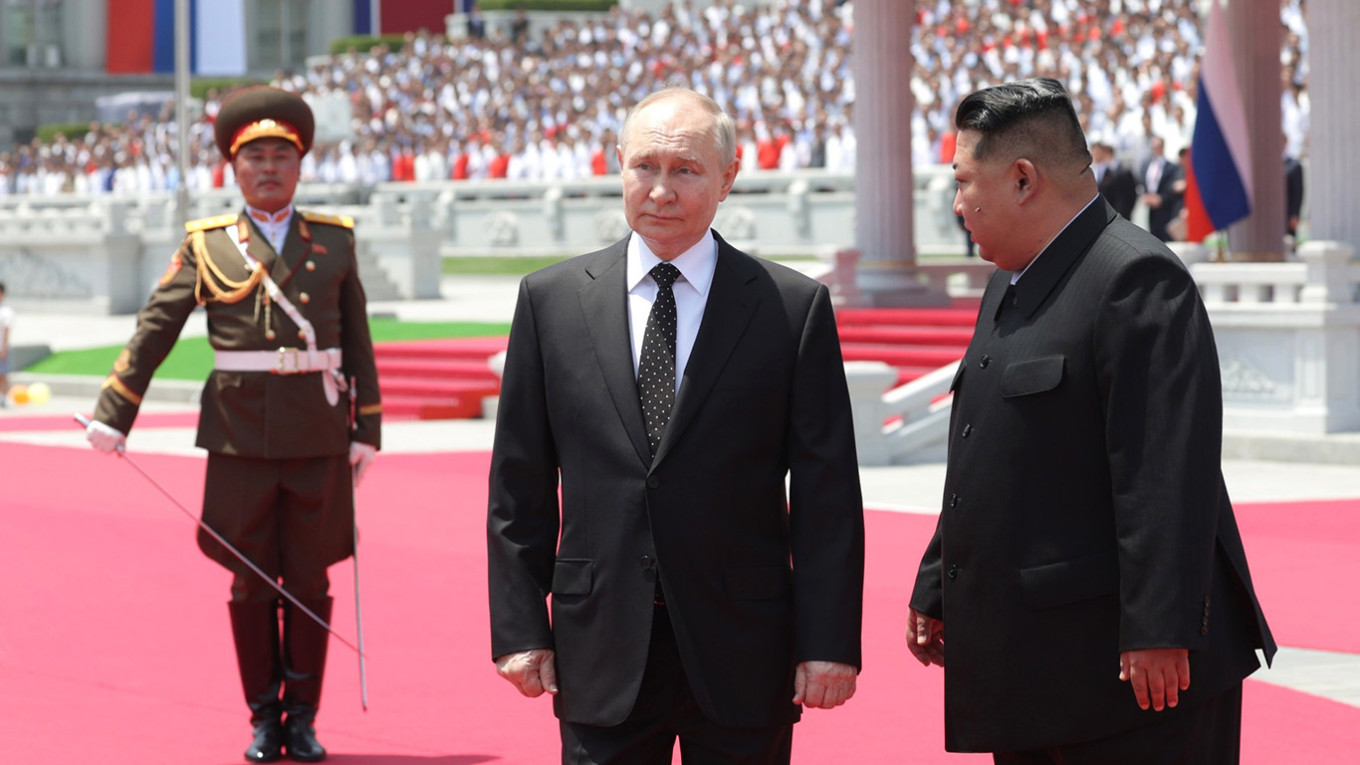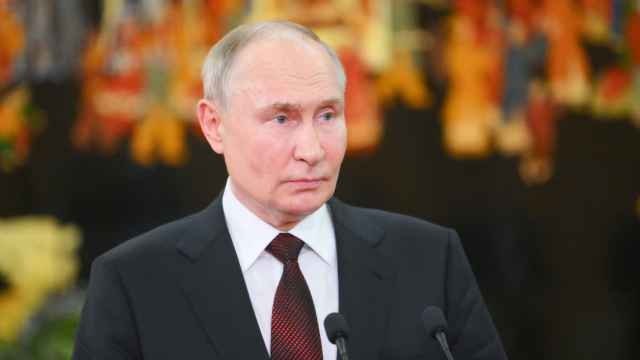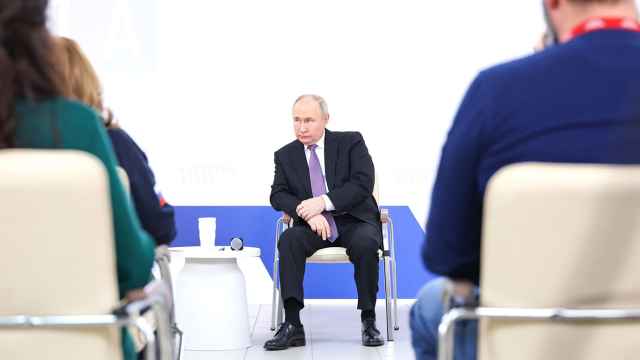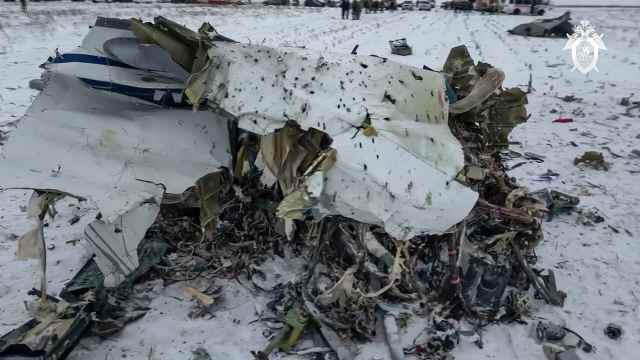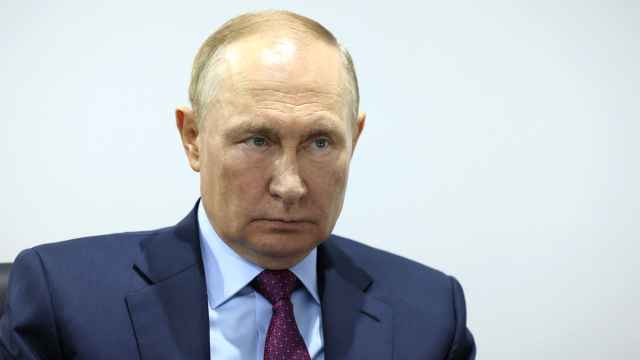President Vladimir Putin signed a military partnership deal with North Korea and visited U.S. business partner Vietnam this week in an effort to intimidate Ukraine’s Western allies and show that he is not as isolated on the world stage as they would like.
Putin, who is on the International Criminal Court's wanted list, has repeatedly voiced outrage at the West for authorizing Ukraine to use long-range weapons to strike Russian territory, its supply of fighter jets to Kyiv and its general refusal to make concessions to the Kremlin.
“Didn’t the chief [Putin] promise an asymmetrical response for those who crossed the latest red lines? Take that,” a Russian government official close to the military told The Moscow Times.
The official spoke on condition of anonymity due to the sensitivity of the matter.
“We didn't start this. But we will muck around everywhere, and this is no joke. For the U.S. it's Cuba and Sudan in terms of shipping, for Israel it's Iran, for Japan and South Korea it's the DPRK,” the official said, using the acronym of North Korea's official name.
“Our move [in response] is to sign a treaty with a pariah country. It has a symbolic element, but not just that,” another Russian official said.
To add to the West’s concerns, Putin vowed to reconsider Russia's nuclear weapon doctrine, citing the development of ultra-low-power explosive nuclear devices by Moscow’s adversaries.
Though the Soviet Union had lavishly funded regimes opposed to the Western world, Moscow’s relations with most Soviet-era allies — including North Korea and Vietnam — have been on the decline since 1991.
North Korea has lost generous support from Russia since the Soviet collapse and has been struggling under heavy international sanctions for years, but has often backed Moscow’s aggressive foreign policy moves. It is one of two countries that recognized Russia's 2014 annexation of Crimea and its 2022 annexation of four partially occupied Ukrainian regions.
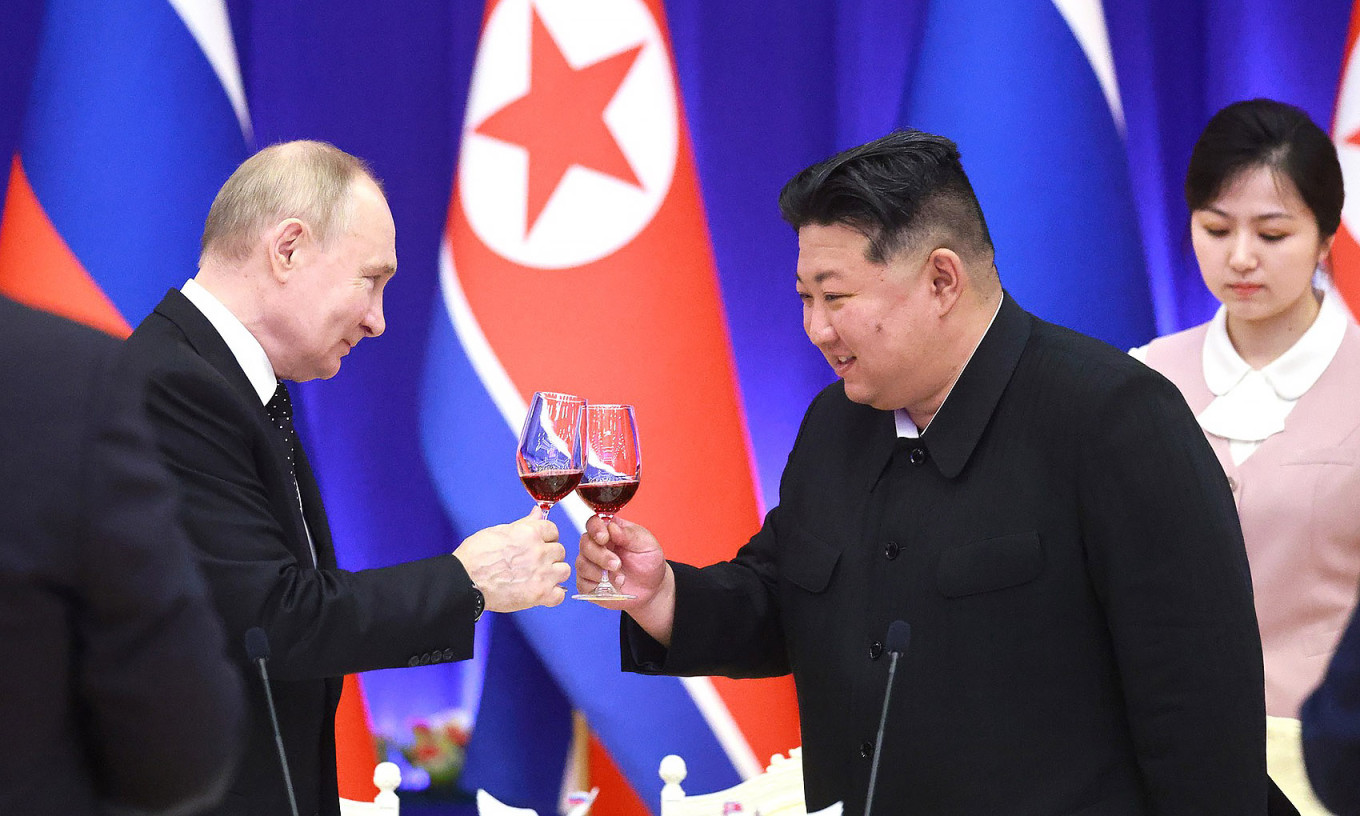
Moscow has not reciprocated the favor, often supporting UN Security Council resolutions and complying with sanctions against the North Korean regime.
Since 1991, the Kremlin has often sympathized with Seoul over the Soviet-inspired regime in Pyongyang, Fyodor Tertitskiy, a senior research fellow at Kookmin University in Seoul, told The Moscow Times.
"Moscow has maintained neutrality in Korea, and was even more favorable to the South than to the North," Tertitskiy said.
Russian foreign policy has even had a certain “disdain” toward its Soviet-era allies in Southeast Asia, preferring to focus solely on China, a source close to the Russian Foreign Ministry told The Moscow Times.
Russia's international isolation due to the invasion of Ukraine has drastically changed the situation.
"We realize that nothing will work out for us in the West in the next decade or two," the source close to the Foreign Ministry said. "The war in Ukraine will end at some point, but we won’t go back to business as usual."
This week’s military partnership agreement with North Korea, which includes a mutual defense clause, is practical as well as symbolic.
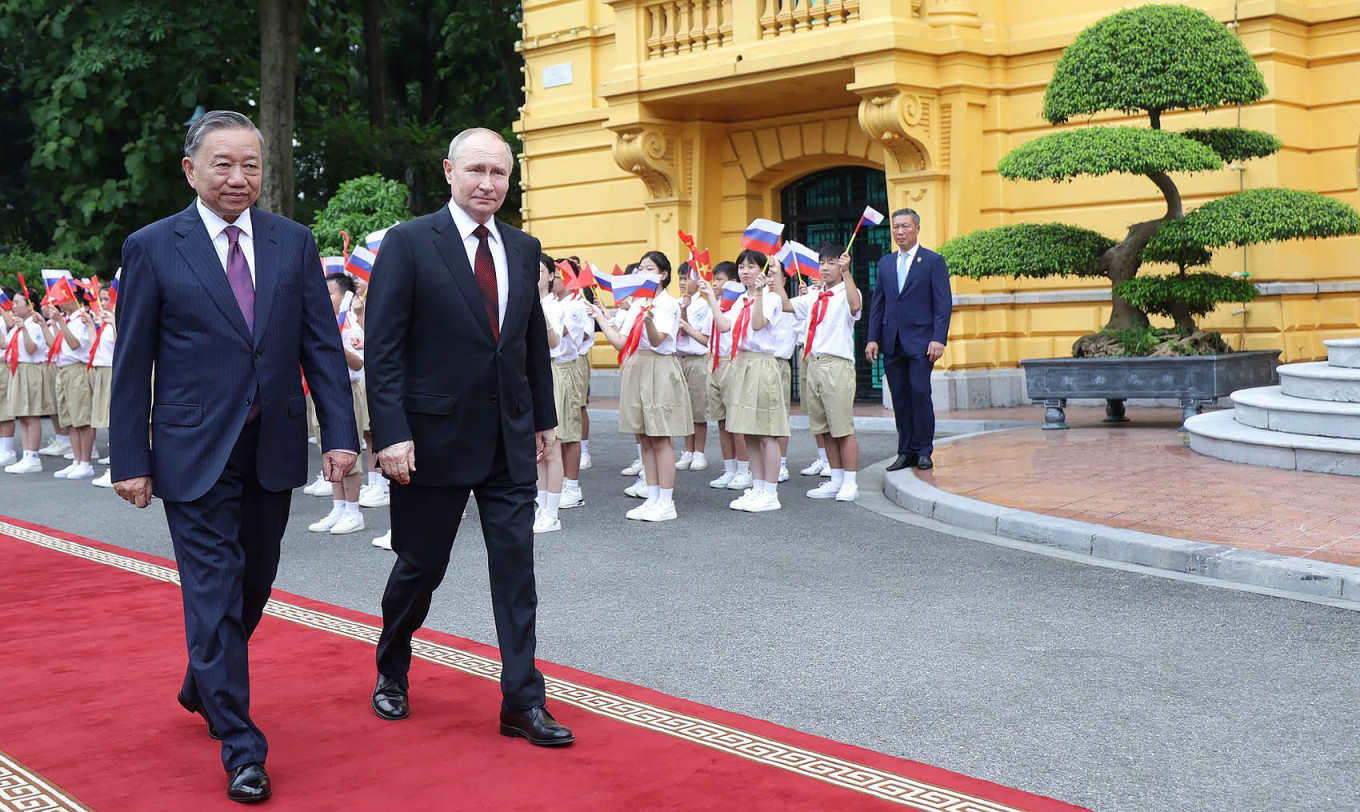
“We have been given assistance [from North Korea since the start of the war] that cannot be neglected: a serious, direct contribution to the frontline. There were hundreds of trains. That's millions of shells. That's a lot, really. Enough for 100 or 200 days of war," the Russian government official said.
The signing of the treaty will deal a major blow to Moscow's relations with South Korea and Japan, Tertitskiy said.
Meanwhile, Putin’s visit to U.S. partner Vietnam — which President Joe Biden visited as recently as September 2023 and where Russia has joint oil and gas projects — is primarily symbolic, said Mikhail Korostikov, a nonresident scholar at the Belgrade Center for Security Policy.
“After Putin's visit to North Korea, he needed to show that he can still go to ordinary countries that are not in confrontation with the rest of the world," Korostikov said.
Russian state oil company Zarubezhneft has been operating in Vietnam since the Soviet era. Though Gazprom had plans to develop an offshore site, geopolitics have thrown a wrench in these plans, said Sergey Vakulenko, a nonresident scholar at the Carnegie Russia Eurasia Center.
"Vietnam has a long coastline and an extensive shelf with proven oil-bearing capacity, so there is also a reason for further exploration. But there are problems with this shelf, as China claims the entire South China Sea, and it is unlikely that Russia will challenge this now," Vakulenko told The Moscow Times.
Large-scale agreements for oil and gas projects between Moscow and Hanoi have often fallen apart during implementation, a former employee at a Russian state-controlled oil and gas company operating in Vietnam told The Moscow Times.
The former employee blamed Washington, which he claimed "is putting pressure on Vietnam."
Though trade between the two countries is not significant — just over $5.5 billion at its peak in 2021 and about $3.6 billion in 2023 — Vietnam has been an active participant in Russian foreign policy initiatives.
The Eurasian Economic Union (EAEU)-Vietnam free trade zone has been in place since October 2016. Russia is Vietnam's main arms supplier and is perceived by local elites as a good partner for diversifying international ties at a time when Southeast Asia has been embroiled in the U.S.-China standoff.
Hanoi ignored Washington’s protests over Putin’s visit, but this is likely the maximum level of confrontation with the U.S. that Vietnam is willing to engage in, Korostikov said. And what the two parties agreed upon during Putin’s visit is likely to remain a secret.
“The publication of any substantive documents would cause serious problems for Hanoi, since Vietnam, unlike the DPRK, is fully embedded in the global economy and maintains good relations with Western countries,” Korostikov said. “Nevertheless, the chances that Vietnam will supply Russia with arms are close to zero.”
"We don't have a separate North Korea policy right now, or a Vietnam policy. Our policy is to achieve the best results on the battlefield," a Russian government official told The Moscow Times.
He added: "This is a signal to the U.S. and other countries that we can create partnerships in other regions that are unpleasant for them. We are simply mirroring what they are doing to us in Ukraine, in Syria, in Armenia and so on."
A Message from The Moscow Times:
Dear readers,
We are facing unprecedented challenges. Russia's Prosecutor General's Office has designated The Moscow Times as an "undesirable" organization, criminalizing our work and putting our staff at risk of prosecution. This follows our earlier unjust labeling as a "foreign agent."
These actions are direct attempts to silence independent journalism in Russia. The authorities claim our work "discredits the decisions of the Russian leadership." We see things differently: we strive to provide accurate, unbiased reporting on Russia.
We, the journalists of The Moscow Times, refuse to be silenced. But to continue our work, we need your help.
Your support, no matter how small, makes a world of difference. If you can, please support us monthly starting from just $2. It's quick to set up, and every contribution makes a significant impact.
By supporting The Moscow Times, you're defending open, independent journalism in the face of repression. Thank you for standing with us.
Remind me later.



